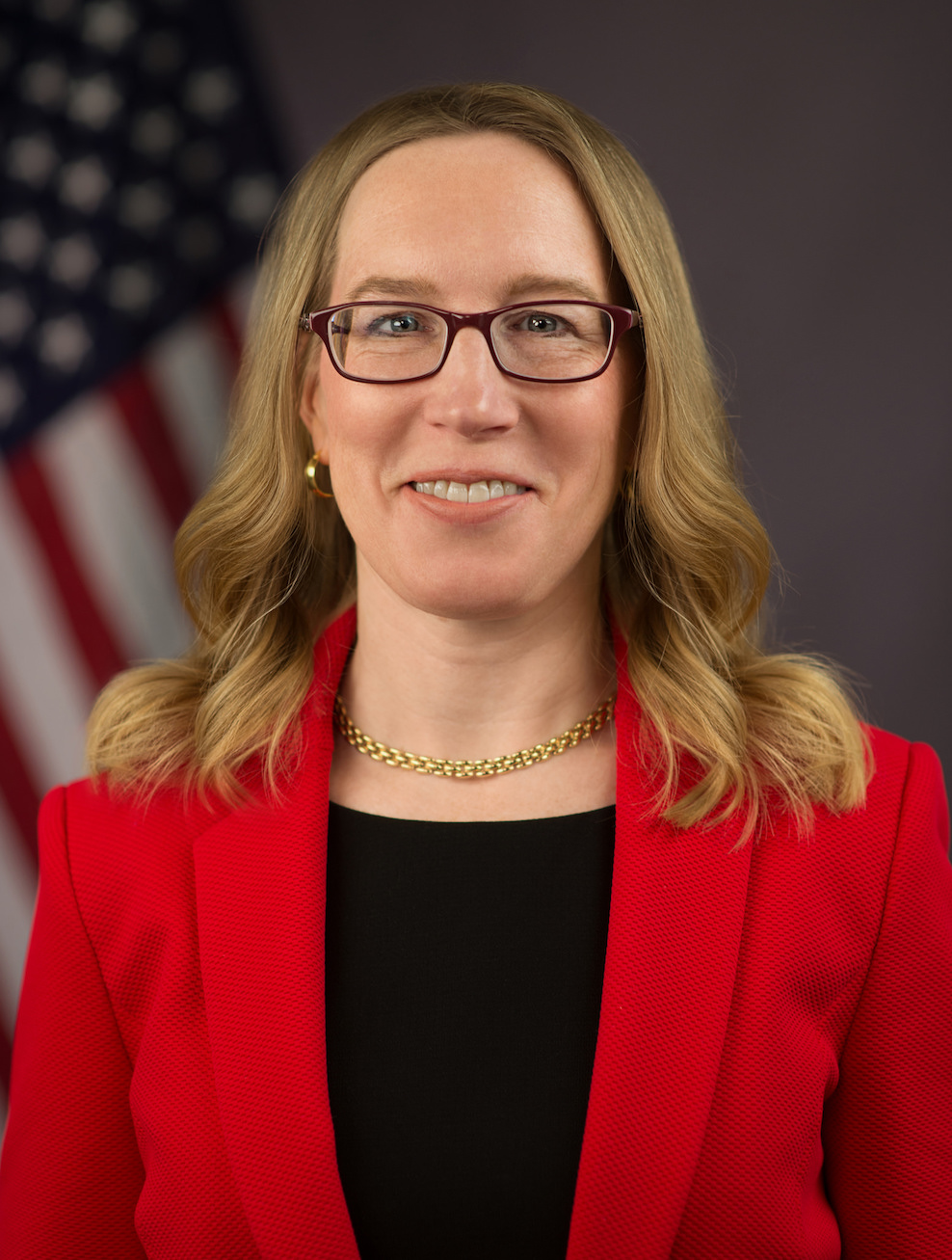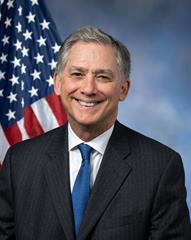U.S. regulators and legislators are building guardrails to protect the crypto bandwagon. But are Ops teams ready for digital assets?

Grygo is the chief content officer for FTF & FTF News.
The powers that be in the federal government are facilitating digital asset and crypto projects, tokenization efforts, and cryptocurrency legislation and regulation, and have even declared that the week of July 14 as “Crypto Week.”
Yet SEC Commissioner Hester M. Peirce, who generally favors innovation for digital assets, has made a regulatory declaration that will help as the crypto bandwagon hits its stride.
In a statement on July 9, “Enchanting, but Not Magical: A Statement on the Tokenization of Securities,” she declares: “Tokenized securities are still securities. … While blockchain-based tokenization is new, the process of issuing an instrument representing a security is not. The same legal requirements apply to on- and off-chain versions of these instruments.”
This is important because Peirce, as the head of the SEC’s cryptocurrency task force, has been holding in-person and remotely available roundtable discussions on crypto regulation and gathering industry input for the regulatory structure to come.
“Blockchain technology has unlocked novel models for distributing and trading securities in a ‘tokenized’ format. Tokenization may facilitate capital formation and enhance investors’ ability to use their assets as collateral. Enchanted by these possibilities, new entrants and many traditional firms are embracing on-chain products,” Peirce says. “As powerful as blockchain technology is, it does not have magical abilities to transform the nature of the underlying asset. Tokenized securities are still securities. Accordingly, market participants must consider — and adhere to — the federal securities laws when transacting in these instruments.”
Peirce is also urging that:
- “Distributors of tokenized securities must consider their disclosure obligations under the federal securities laws and may wish to refer to the Division of Corporation Finance’s recent staff statement on this topic;”
- “Market participants who distribute, purchase, and trade tokenized securities also should consider the nature of these securities and the resulting securities laws implications;” and
- “Alternatively, a token that does not provide the holder with legal and beneficial ownership of the underlying security could be a ‘security-based swap’ that cannot be traded off-exchange by retail persons.”

Hester Peirce
Peirce says that market participants who are structuring their tokenization product offerings, “should consider meeting with the Commission and its staff. When unique aspects of a technology warrant changes to existing rules or where regulatory requirements are outdated or unnecessary, we stand ready to work with market participants to craft appropriate exemptions and modernize rules.”
Days after Peirce’s statement, the Board of Governors of the Federal Reserve System, the Federal Deposit Insurance Corp., and the Office of the Comptroller of the Currency issued a joint statement, “Crypto-Asset Safekeeping by Banking Organizations,” that is intended to “provide clarity on banks’ engagement in crypto-asset-related activities. The statement highlights for banks potential risk-management considerations related to holding crypto-assets on their customers’ behalf, or crypto-asset safekeeping.”
The joint statement discusses:
- General Risk Management Considerations;
- Cryptographic Key Management;
- Additional Risk Management Considerations;
- Legal and Compliance Risk;
- Third-Party Risk Management; and
- Audit programs.
Overall, banks “contemplating providing safekeeping for crypto-assets should consider the evolving nature of the crypto-asset market, including the technology underlying the crypto-assets, and implement a risk governance framework that appropriately adapts to relevant risks,” according to the statement.
“Providing crypto-asset safekeeping services may entail significant resources and attention, such as developing or procuring new technology, establishing a strong control environment, and ensuring staff have appropriate technical expertise,” according to the statement.
Additionally, crypto-assets may experience price volatility, which could impact the demand for safekeeping services and the value of the assets held. “Furthermore, rapid evolution in the market could affect the technology used to provide safekeeping services,” the statement notes.
So, it’s clear that market participants will have to move pretty quickly on all fronts as the U.S. House Committee on Financial Services, the House Committee on Agriculture, and the House Leadership not only designated this week as “Crypto Week,” but are lining up votes on major pieces of legislation that will be the building blocks of the crypto market in the U.S.
During this week and next, House members are likely to vote on the Clarity Act, the Anti-CBDC Surveillance State Act, and the U.S. Senate’s Genius Act, according to a report via the Politico website. Keep in mind that the U.S. Congress has a complex system for determining when key votes will take place. But the Republicans in both houses of Congress want to set things in motion by the fall.

French Hill
“After years of dedicated work in Congress on digital assets, we are advancing landmark legislation to establish a clear regulatory framework for digital assets that safeguards consumers and investors, provides rules for the issuance and operation of dollar-backed payment stablecoins, and permanently blocks the creation of a Central Bank Digital Currency (CBDC) to safeguard Americans’ financial privacy,” says French Hill, chairman of House Committee on Financial Services and the congressman representing Arkansas’s Second Congressional District.
In his prepared statement, Hill adds that he and his colleagues in Congress and the Trump administration “stand ready to work alongside the Senate as they work to advance standalone market structure legislation by the end of September.”
While there are likely to be challenges to the proposed legislation, the U.S. Congress has the support of Nick Jones, the founder and CEO of Zumo, an Edinburgh, Scotland-based digital asset-as-a-service platform that focuses on compliance and sustainability. Zumo officials say that the platform “enables financial institutions and enterprises to effortlessly embed digital assets via a simple API [application programming interface] and unlock the potential of their brand in web3.”
The prepared statement from Jones is in response to announcements from Rachel Reeves, the U.K. Chancellor of the Exchequer, who is slated to announce “the biggest set of reforms to financial regulation in a decade at a summit of top finance executives in Leeds,” according to an official release of the U.K. government. “Prospective homeowners will be given a leg up onto the housing ladder under the plans, with regulators acting on the Chancellor’s push to regulate for growth.”
Jones says he wants Chancellor Reeves to pay more attention to investment in cryptoassets.
“It’s quite the contrast to the U.S., where there is a real buzz around ‘Crypto Week,’ with a number of important digital asset laws set to be voted on. U.K. consumers are crying out for regulated access to quality cryptoasset investment opportunities, with U.K. cryptoasset ownership rates already among some of the highest in the world,” Jones says. “Businesses respond to speed, clarity, and a clear commercial route to market. With jurisdictions worldwide striding ahead in the crypto race, now is surely the time to capitalize on a resurgent retail market and show the world that the U.K. is open for crypto business.”
Yet, before the U.S. can claim that it is open to crypto business, financial services firms here must ensure that they have the operational, IT, and regulatory governance structures and workflows in place to handle both digital and traditional assets.
Peirce’s statement in full can be found here: https://shorturl.at/co2aj
The joint statement from the Fed, FDIC, and the OCC can be found here: https://shorturl.at/gx0cg
Need a Reprint?